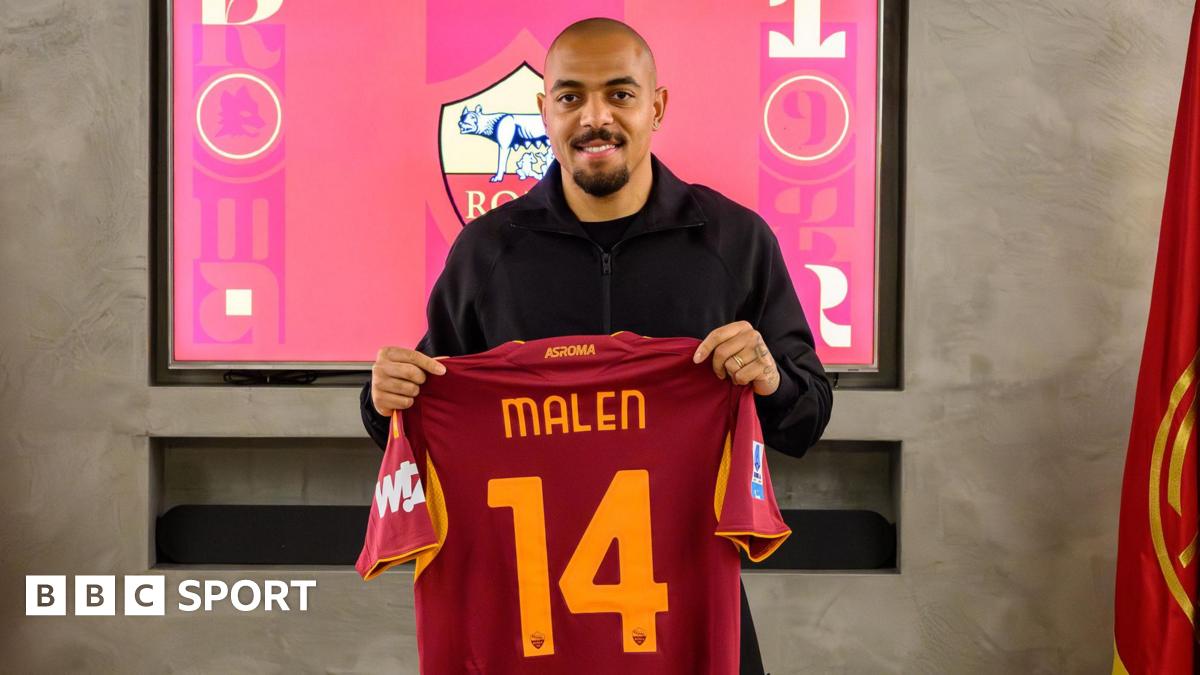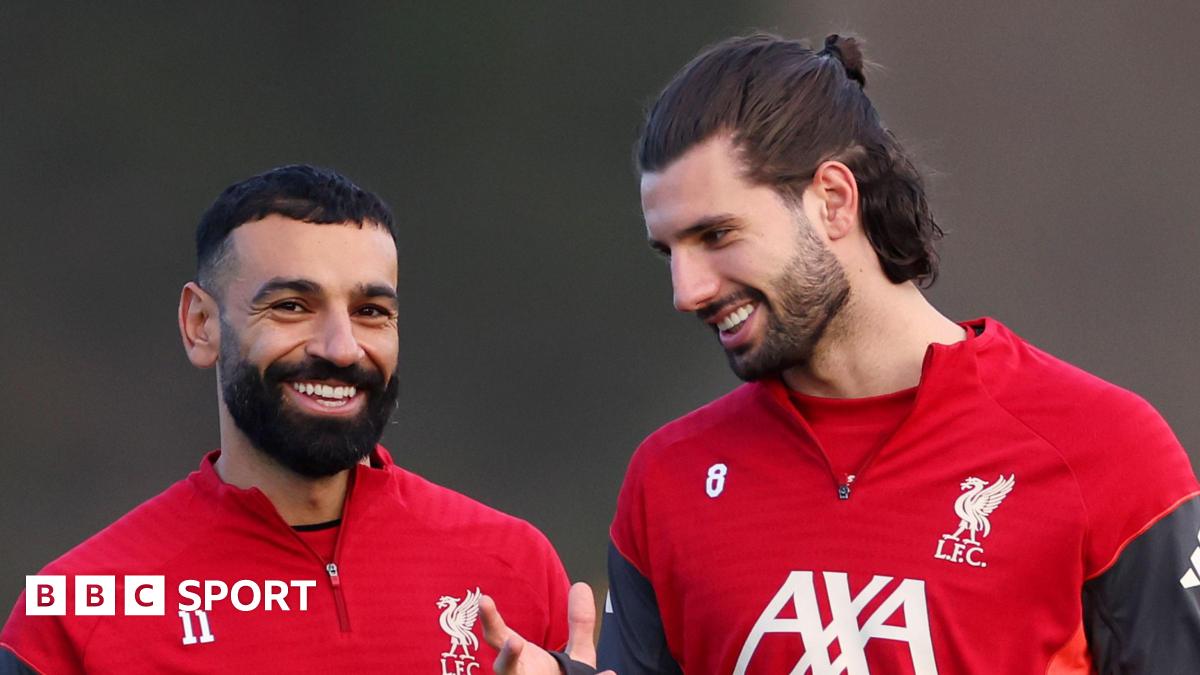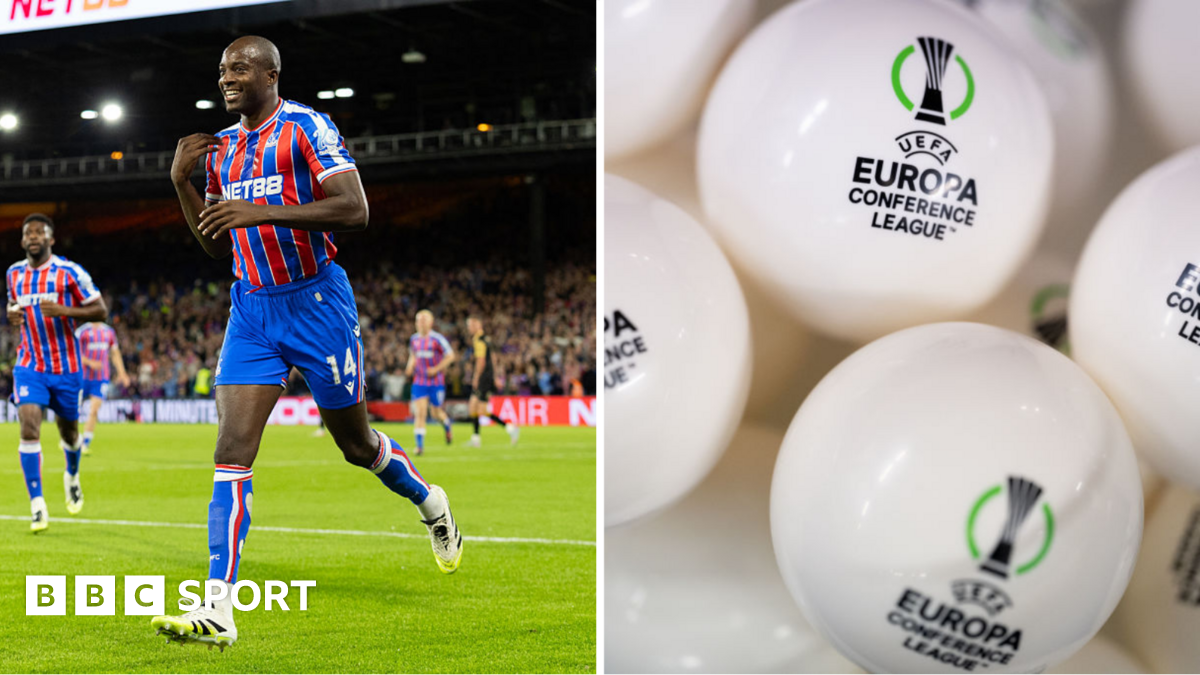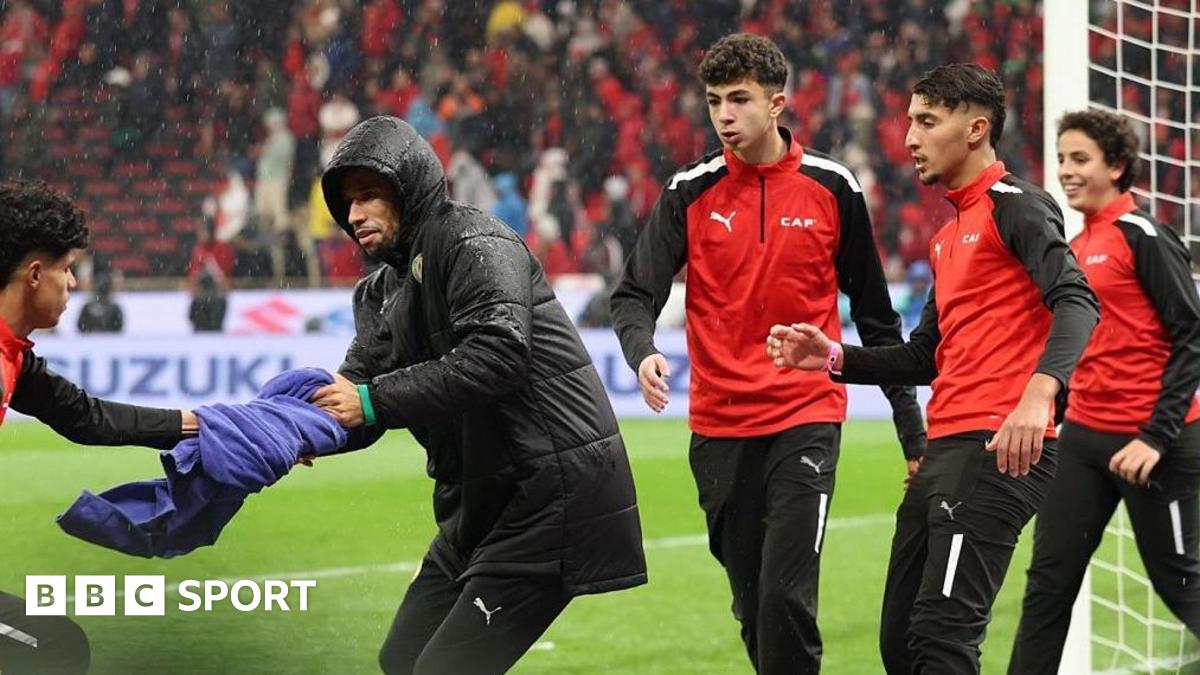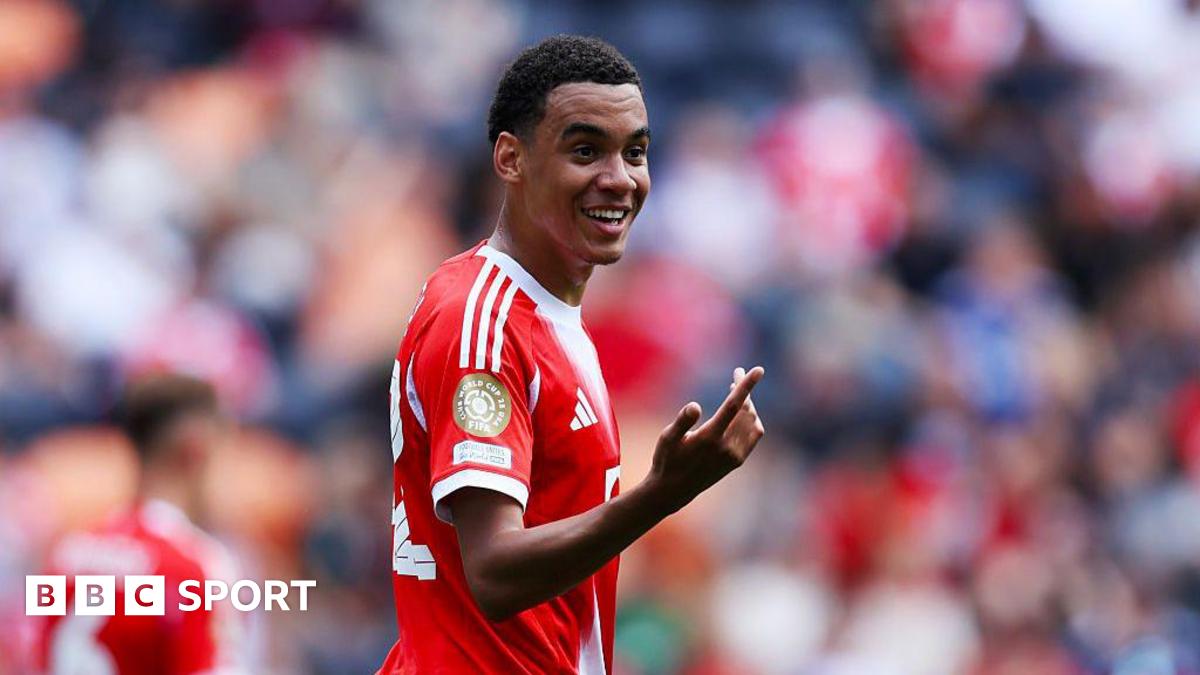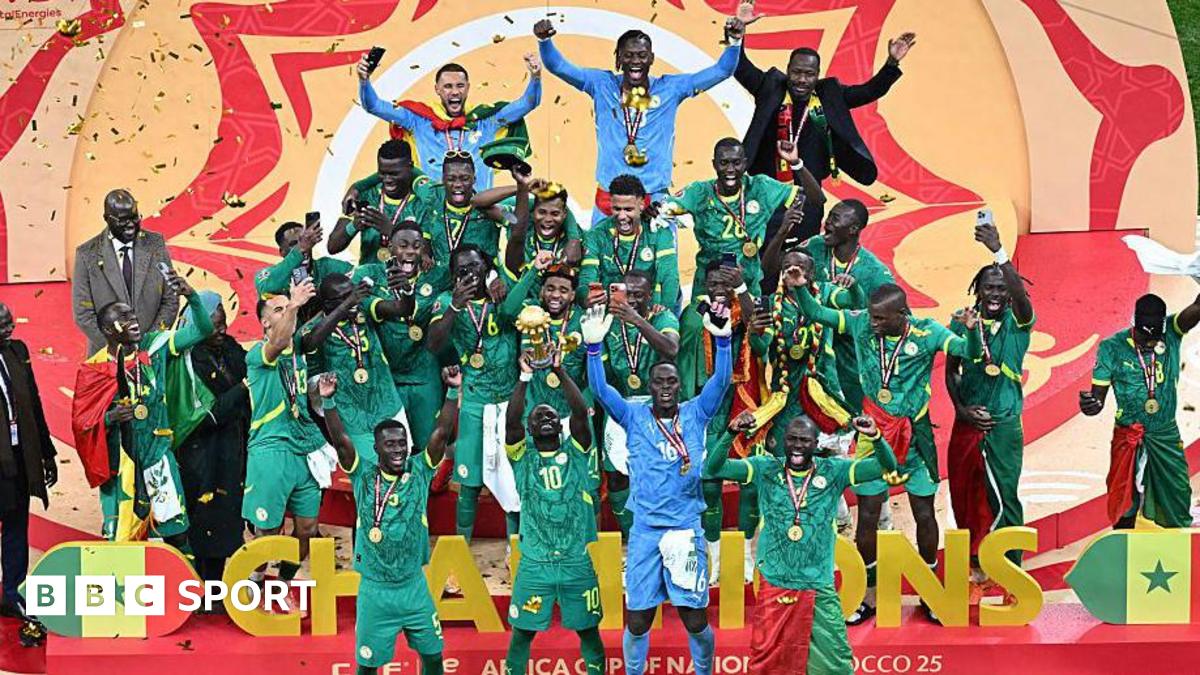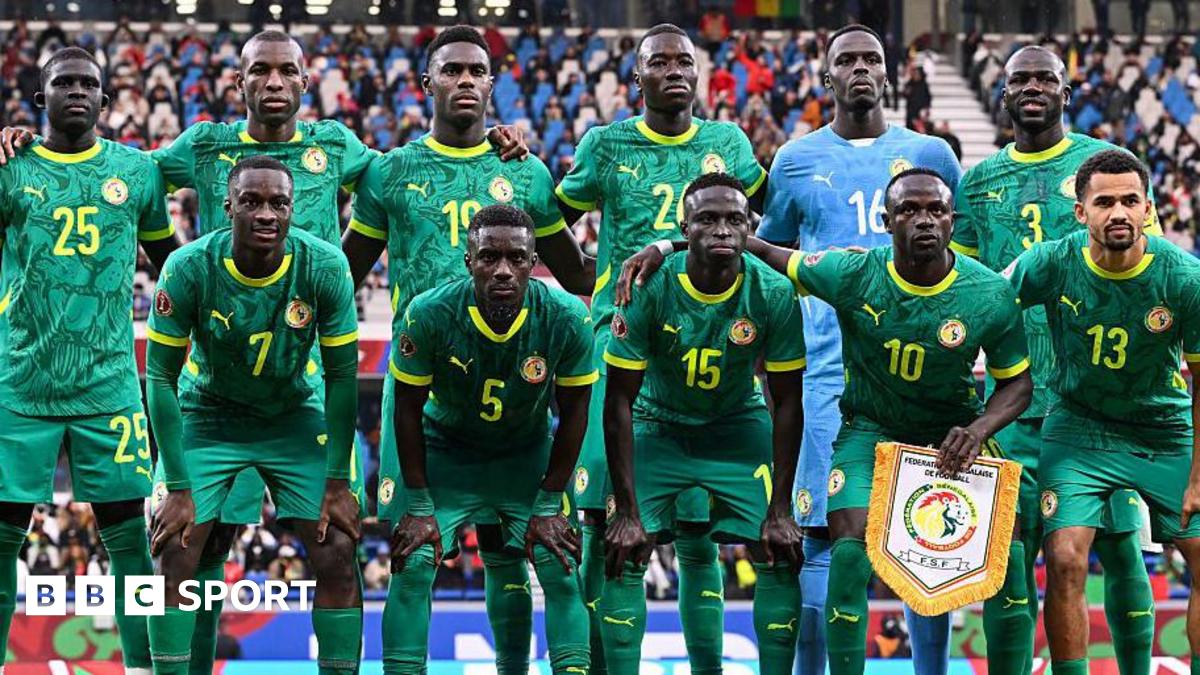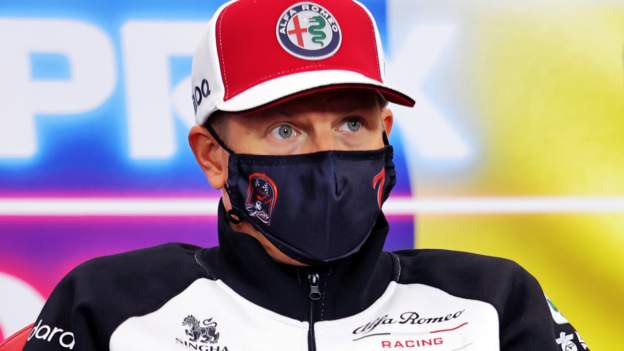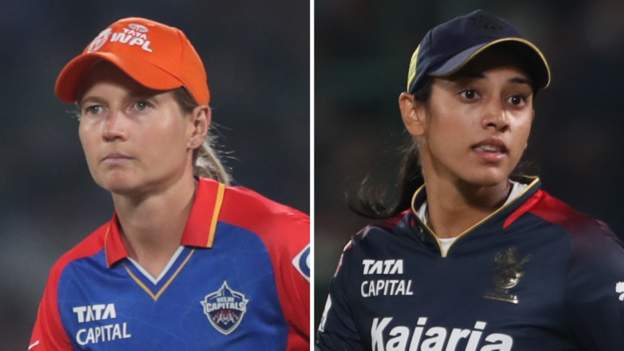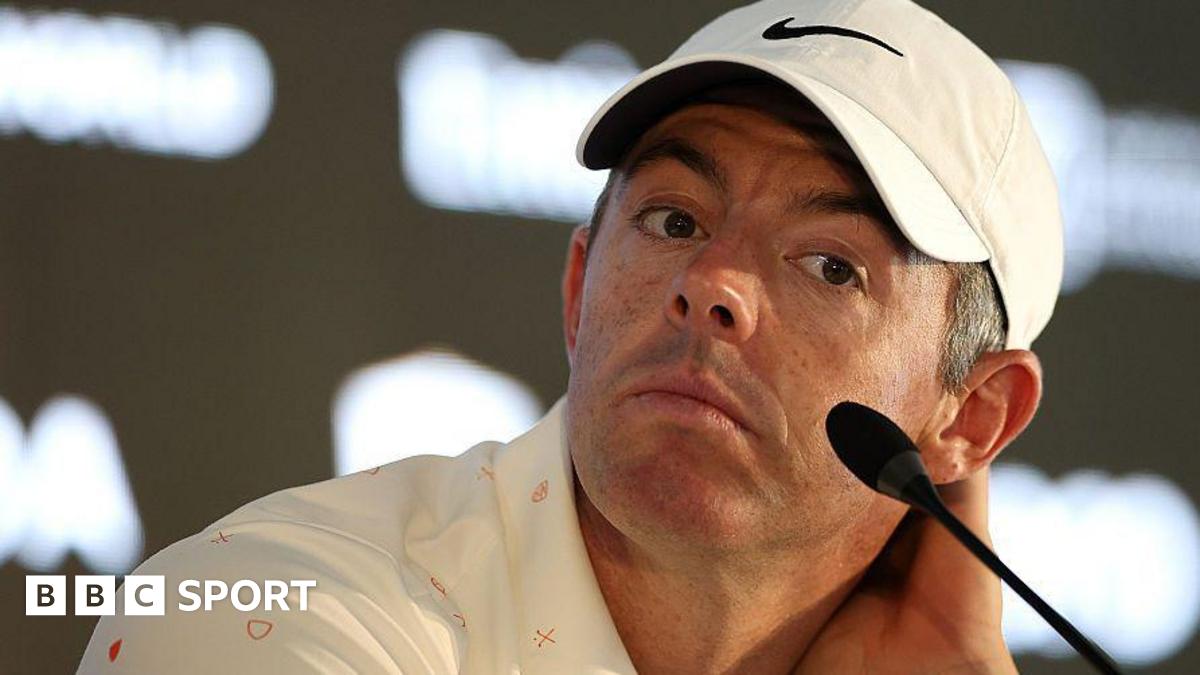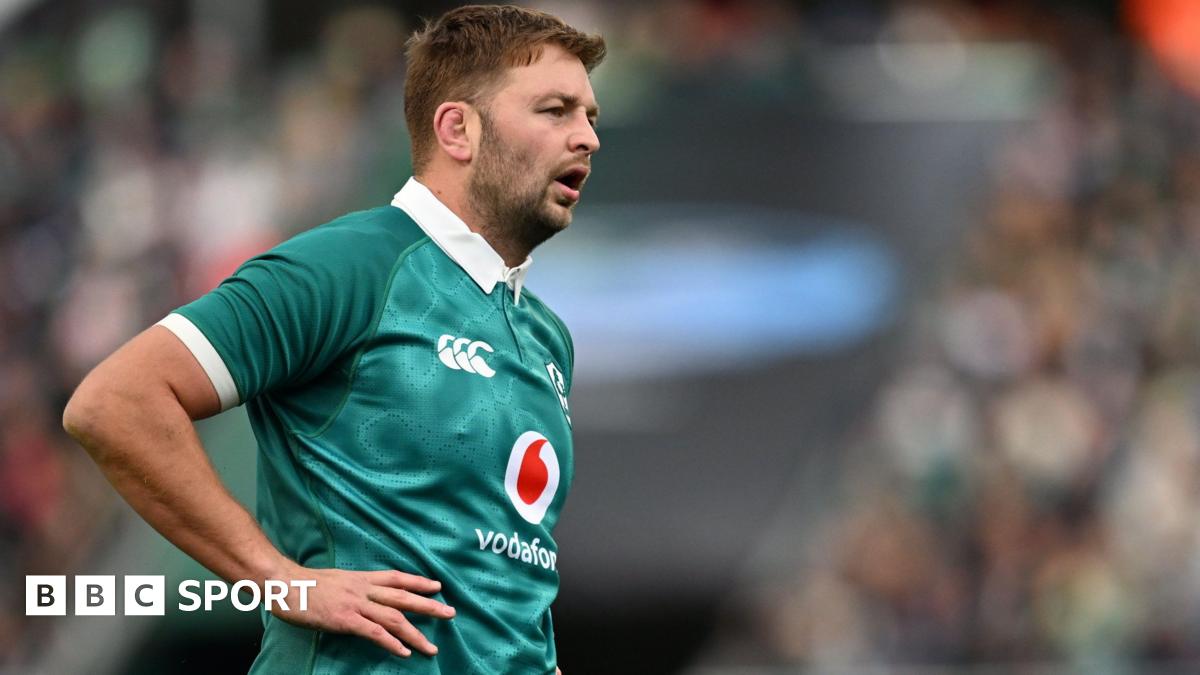Former world champion Kimi Raikkonen is to retire from Formula 1 at the end of this season.
The 41-year-old Finn, who won the 2007 title with Ferrari, said on Instagram: “It was not an easy decision but after this season it is time for new things.”
He wrote he made the call last winter, adding: “F1 might come to an end for me but there is a lot more in life that I want to experience and enjoy.”
Raikkonen has won 21 Grands Prix and has made a record 341 starts.
Since starting his F1 career in 2001, he has raced for Sauber, McLaren, Ferrari, Lotus and current team Alfa Romeo and has finished on the podium more than 100 times.
A legendary figure
| Category | Total | All-time ranking |
| Grand Prix starts | 341 | 1st |
| Wins | 21 | 15th |
| Podiums | 103 | 5th |
| Pole positions | 18 | 15th |
| Fastest laps | 46 | 3rd |
Raikkonen has become an iconic figure in the sport, as much for his taciturn and blunt personality as his driving.
He cemented his place in F1 folklore on his way to victory for Lotus in the 2012 Abu Dhabi Grand Prix, when he replied to a radio message from his engineer Simon Rennie by saying: “Just leave me alone, I know what to do.”
Later in the same race, when he was keeping his tyres warm during a safety car period, he replied: “Yes, yes, yes, yes, I’m doing all the time. You don’t have to remind me every 10 seconds.”
F1 president Stefano Domenicali, who was Ferrari team principal from 2007-14, said: “Kimi is an incredible part of our sport, a personal friend and a true champion.
“I had the privilege of working with him at Ferrari and know the fantastic person he is. We will all miss him and his unique style.”
Frederic Vasseur – boss of the Alfa Romeo team, which is operated by Sauber – added: “There isn’t any driver out there like Kimi Raikkonen.
“His presence, his charisma and his unique attitude, matched with the innate skill that made this team [Sauber] give him a chance back in 2001, have made him a legend of our sport in a way which numbers and statistics struggle to convey.
“Kimi has written some indelible pages of our team’s, and our sport’s, history.”
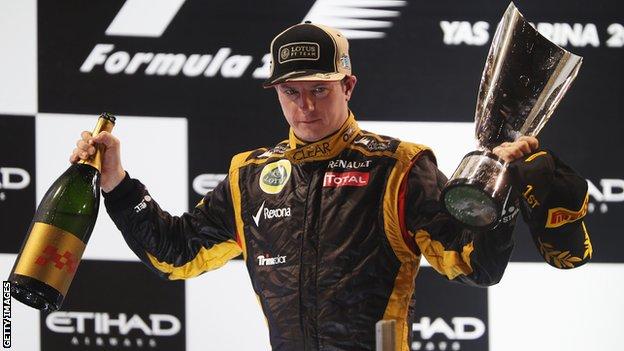
A blazing early career
Raikkonen has won only two races since 2012, in Australia in 2013 for Lotus and the US in 2018 for Ferrari, and the final few years of his career has been relatively thin on highlights.
He burst on to the scene in 2001, aged 21, amid controversy as to whether he was making his debut too soon.
Raikkonen had raced only in Formula Renault – three rungs below F1 on the motorsport progression ladder – before he was given his debut by Sauber.
In the test in which he convinced the Swiss team to sign him, he impressed a watching Michael Schumacher.
And although then FIA president Max Mosley said he thought it had been wrong to give someone so inexperienced an F1 licence, Raikkonen immediately proved him wrong by scoring a point for sixth place on his debut in Melbourne.
Raikkonen’s performances in 2001 attracted the attention of McLaren, who signed him to replace Mika Hakkinen when the two-time champion retired at the end of that season.
Through his years at McLaren, Raikkonen forged a reputation as one of F1’s fastest drivers, and he came close to the world title in 2003 and 2005.
Arguably his greatest victory came in the 2005 Japanese Grand Prix, which he won from 17th on the grid. But relations with team boss Ron Dennis soured, and Raikkonen was attracted to Ferrari for the 2007 season – a contract that was signed a year and a half before he joined the team.
A surprise world title
Raikkonen replaced Schumacher, who retired for the first time at the end of 2006, and was expected to pick up where the great German had left off.
But Raikkonen did not develop into the dominant team leader Ferrari had expected. He and team-mate Felipe Massa proved evenly matched for most of their two and a half years together, until the Brazilian suffered a head injury in the 2009 Hungarian Grand Prix and was forced to miss the rest of the season.
Raikkonen’s first season with Ferrari, though, ended with the sport’s greatest prize, when he made up a hefty points deficit to score an unlikely championship win after the hopes of favourite Lewis Hamilton and McLaren faded in a dramatic final two races.
The following year and into 2009, Massa was marginally Ferrari’s leading driver. Raikkonen had a contract with Ferrari through to the end of 2010, but the Italian team paid him off at the end of 2009 in favour of bringing in Fernando Alonso.
An exit, then a comeback
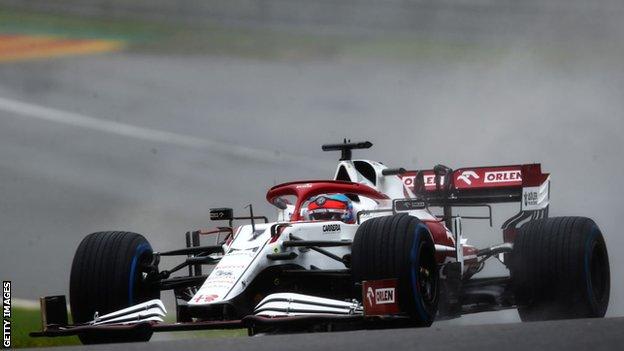
Alonso’s arrival began to put Raikkonen’s performances into context, and strengthened questions about his standing among the absolute elite of drivers.
The Spaniard was immediately significantly superior to Massa, and, although Ferrari were beginning a long, slow decline, should have won the title in both 2010 and 2012 if not for circumstances out of his control.
Raikkonen spent two years out of F1 in 2010 and 2011 trying his hand at other categories – mainly world rallying, where he proved quick but accident-prone, but also a brief dalliance with the US-based Nascar stock car series.
He was tempted back to F1 for 2012 by the Lotus team, which is now known as Alpine.
Raikkonen and team-mate Romain Grosjean were evenly matched over the two seasons for speed. But Raikkonen’s experience and savvy often gave him an edge when it came to delivering results.
He took the two wins in Melbourne and Abu Dhabi, but some team insiders felt the car was good enough at the time to have won the title had Alonso been in it.
As Alonso’s confidence in Ferrari’s ability to carry him to a third title declined and the team began to fear he would leave, Raikkonen was re-signed for a return to Maranello in 2014.
Alonso stayed on for a final season – and comprehensively outperformed his new team-mate, scoring nearly three times as many points and out-qualifying Raikkonen in all but three races.
When Alonso left and was replaced by four-time champion Sebastian Vettel for 2015, Raikkonen’s position as a de facto number two continued.
Vettel, too, proved the consistently superior driver, but Raikkonen’s experience, compliance and friendly relationship with the German won him a second contract at the end of 2016.
By 2018, though, Ferrari were beginning to question their driver line-up, and for 2019 Raikkonen was replaced by the rising star Charles Leclerc, who immediately proved a stiff challenge to Vettel.
Raikkonen brought his career full circle by finding refuge at Alfa Romeo, the new name for the team with which he made his debut, while Leclerc immediately justified Ferrari’s decision by out-performing Vettel in his first season with the team, and carving himself a status as the legendary marque’s new lead driver.
Raikkonen signed a new contract at the end of last year to stay with Alfa Romeo for 2021, even though some felt he was long past his best.
Alfa Romeo kept him partly because of the status his image gave a team struggling to grab attention at the back of the grid.
Time, though, appeared to be running out and it turns out that Raikkonen had pre-empted events by calling his own time on an illustrious and unique career before anyone else could do it for him.



